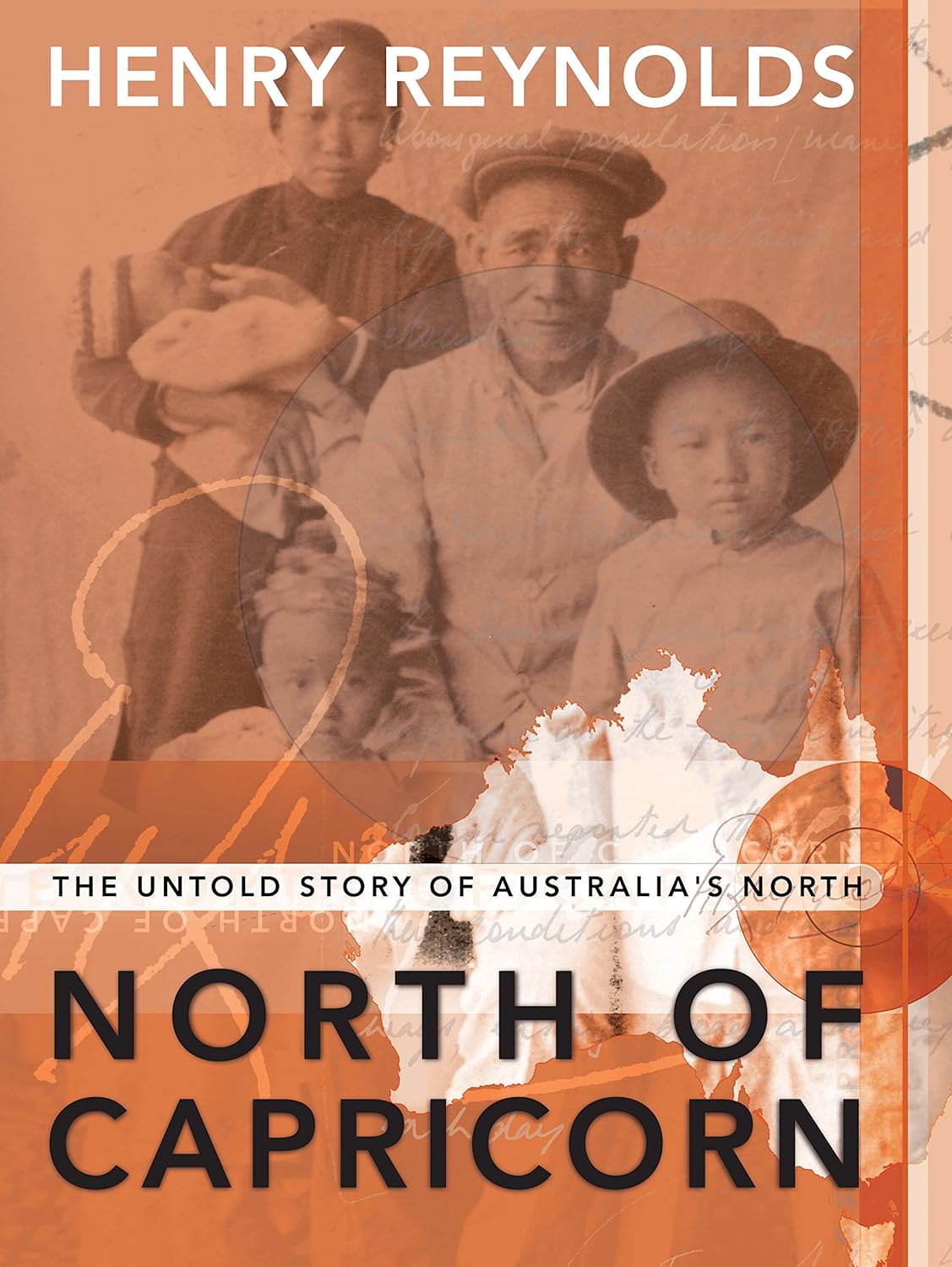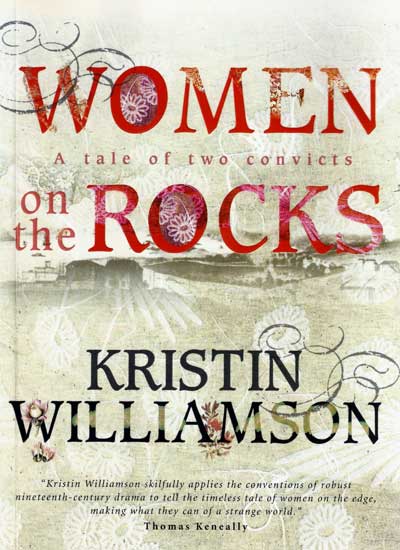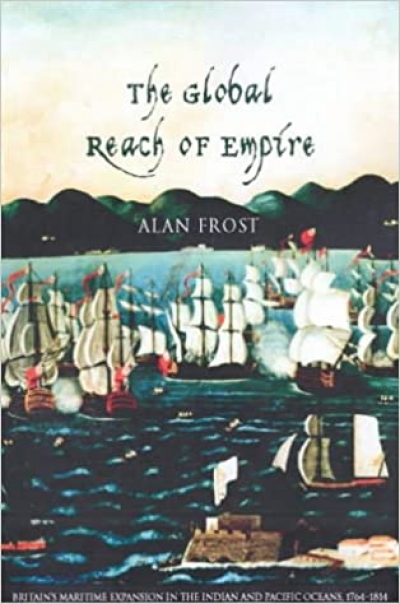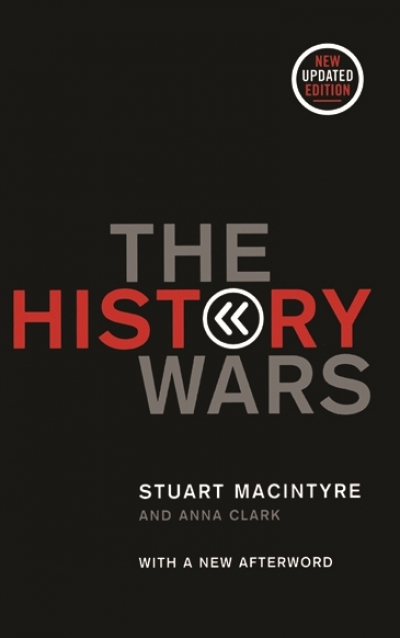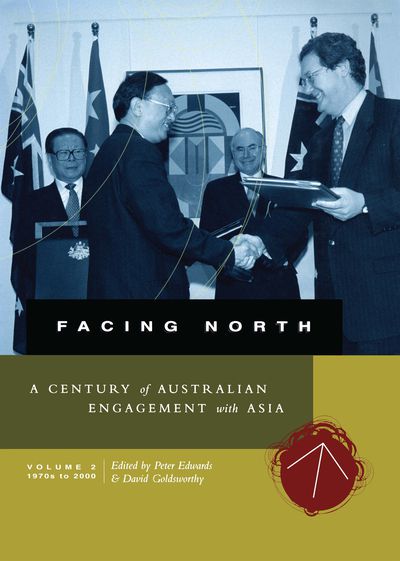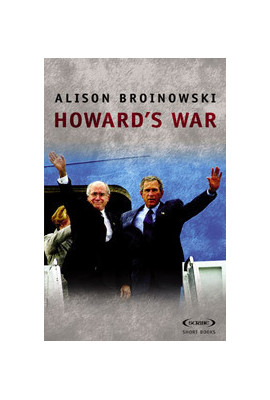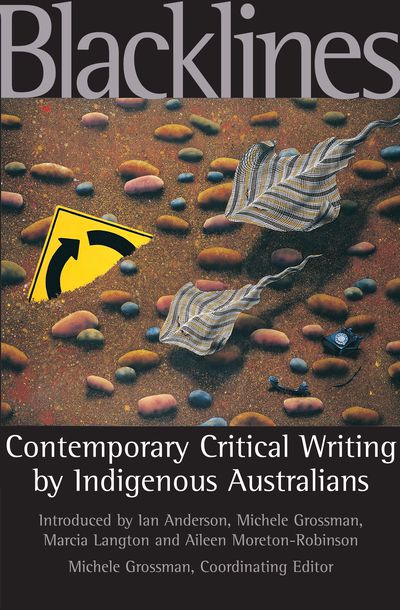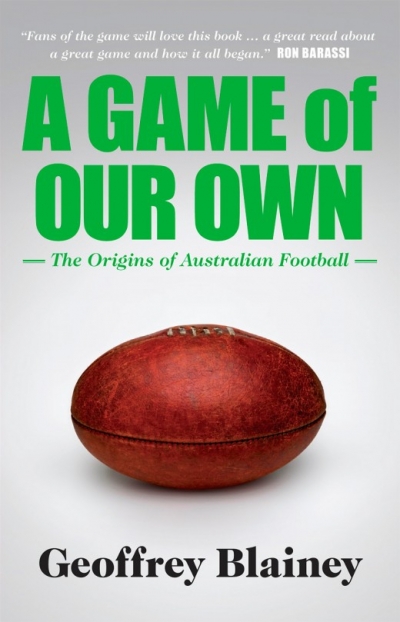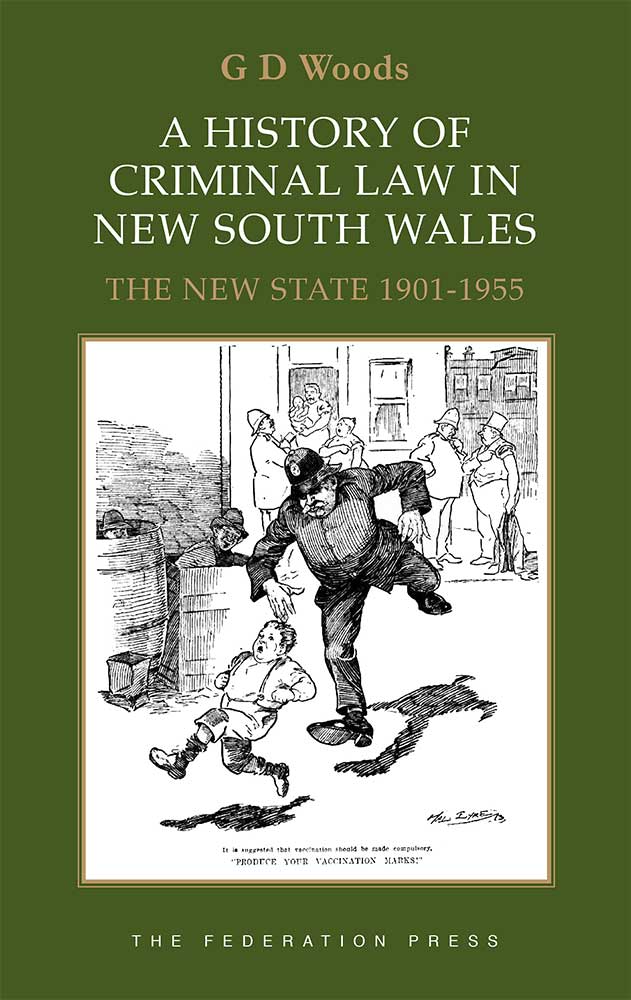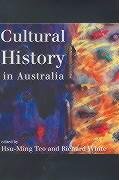Australian History
North of Capricorn: The untold story of Australia’s north by Henry Reynolds
When Christine Anu sings My Island Home, that great Neil Murray song, there’s always an irony. She’s not singing about the big island that tugs at the heartstrings of most Australians when they hear the song, but a far smaller, more remote home in Torres Strait where things are done differently. The big island-continent may be benign in its fortified insularity, a haven against contaminants from across the seas, but it’s those smaller islands that have, in the song, the qualities of freedom, harmony and belonging that matter.
... (read more)Women on the Rocks: A tale of two convicts by Kristin Williamson
Early Sydney has beguiled many writers, and the latest to succumb is Kristin Williamson. She has combined an interest in the Rocks area with a self-confessed ‘obsession with our feisty female forebears’, and has produced an historical novel involving several real people.
... (read more)The Global Reach of Empire: Britain’s maritime expansion in the Indian and Pacific oceans, 1764–1815 by Alan Frost
Some reviewers like to stamp their own character on a review in its opening sentences. I prefer, however, to share with you some of Alan Frost’s words:
... (read more)When I was a boy, living in a village set against a beach in Far North Queensland, I was struck by two kinds of trees. Ringing the beach at intervals were great ‘beach-nut’ trees (Calophyllum inophyllum). As early photographs of the beach do not show them, these trees must have been planted by European settlers. In my time, when they were perhaps seventy or eighty years old, they were up to fifty feet high, and they spread fifty feet in diameter … And scattered about the littoral were tall hoop and kauri pines … One behind our house may have been more than one hundred feet tall. It was said that this kauri pine was a beacon for ships at sea.
The History Wars by Stuart Macintyre and Anna Clark & Whitewash edited by Robert Manne
Towards the end of his informative introduction, Robert Manne, the editor of Whitewash: On Keith Windschuttle’s fabrication of Aboriginal history, outlines the collective intention of the book’s nineteen contributors. He refers to Windschuttle’s The Fabrication of Aboriginal History (2002), a revisionist text dealing with early colonial history and violence in nineteenth-century Tasmania, as ‘so ignorant, so polemical and so pitiless a book’ ...
... (read more)Facing North edited by Peter Edwards and David Goldsworthy & Losing the Blanket by David Goldsworthy
From this post-September 11 vantage point, the great debate about which Australian political party could claim to have done more to develop the country’s relations with Asia already seems bathed in a gentle glow of nostalgia. Back in the late 1990s, when issues of Australia’s identity with Asia had greater salience than they now do, the Department of Foreign Affairs and Trade decided to commission, as its contribution to the celebration of the centenary of Federation, a history of Australia’s engagement with Asia. The initiative was designed, in part at least, to show that no one side of Australian politics could claim the Asia project as its own.
... (read more)Thanks to Alison Broinowski and Scribe, we now have an Australian booklet that seeks to make sense of the recent war in Iraq and of Australia’s participation in the war. Whatever shortcomings the book has – and shortcomings are inevitable when the slow art of book publishing seeks to keep up with contemporary events – its presence in the public arena is important, and both author and publisher have been brave in producing it so quickly.
... (read more)Blacklines: Contemporary critical writing by Indigenous Australians by Michele Grossman et al.
While ‘history wars’ rage, some of the subjects of the wars have quietly slipped a significant book into the market. Has the book received significant attention? Don’t be silly. For a start, it is not couched in the winners-versus-losers terminology of the history wars. It is a difficult book to pin down, certainly not susceptible to quick newspaper coverage or, heaven forfend, television grabs. This reader could imagine at least some of the contributors to Blacklines mounting a convincing case that the current debate is a diversion from far more fundamental questions of representation of Australia’s indigenous peoples in history, anthropology and various media.
... (read more)A Game of Our Own: The origins of Australian football by Geoffrey Blainey
Australian football has lost its magic, a unique quality existing in the 1950s, and even as late as the 1970s. It derived from the fixed positions that players adopted and from their physical diversity. In their competing forms, they became metaphysical constructs – good versus evil, beauty versus ugliness, benign innocence versus malevolent experience – constructs limited only by the human imagination ...
... (read more)A History Of Criminal Law In New South Wales: The Colonial Period 1788-1900 by Hugh Dillon
If economics is a ‘dismal science’, criminology may be considered a hopeful one. Its deepest roots are to be found in the ideas of the Enlightenment, particularly the belief in progress and the improvement of human nature. It probably occurred to very few of those sweating aboard the twelve filthy transports that sailed into Sydney Harbour in January 1788 that they were the first participants in an extraordinary social experiment in which viciousness, legal principle and mercy were to be held in constant tension.
... (read more)Cultural History in Australia edited by Hsu-Ming Teo and Richard White
The editors of this book declare that cultural history is fashionable, so fashionable that it stands in for what might otherwise be known as ‘general history’ or even just ‘history’. ‘When historians set out to write the history of everything,’ they claim, ‘these days they are most likely to imagine themselves writing cultural history.’
Why, then, is it necessary to assemble a collection of essays on the subject? It cannot be simply to celebrate the triumph of this form of history, since many of the contributors are still urging its attractions. The purpose might be to demonstrate the range and accomplishment of cultural history in Australia, since the collection includes some distinguished local practitioners – except that their contributions to the genre are well established and readily available. Alternatively, such collections can provide the opportunity to consider the theory and method of cultural history, and quite a few of the contributors do so – but mostly with reference to their own practice.
... (read more)

